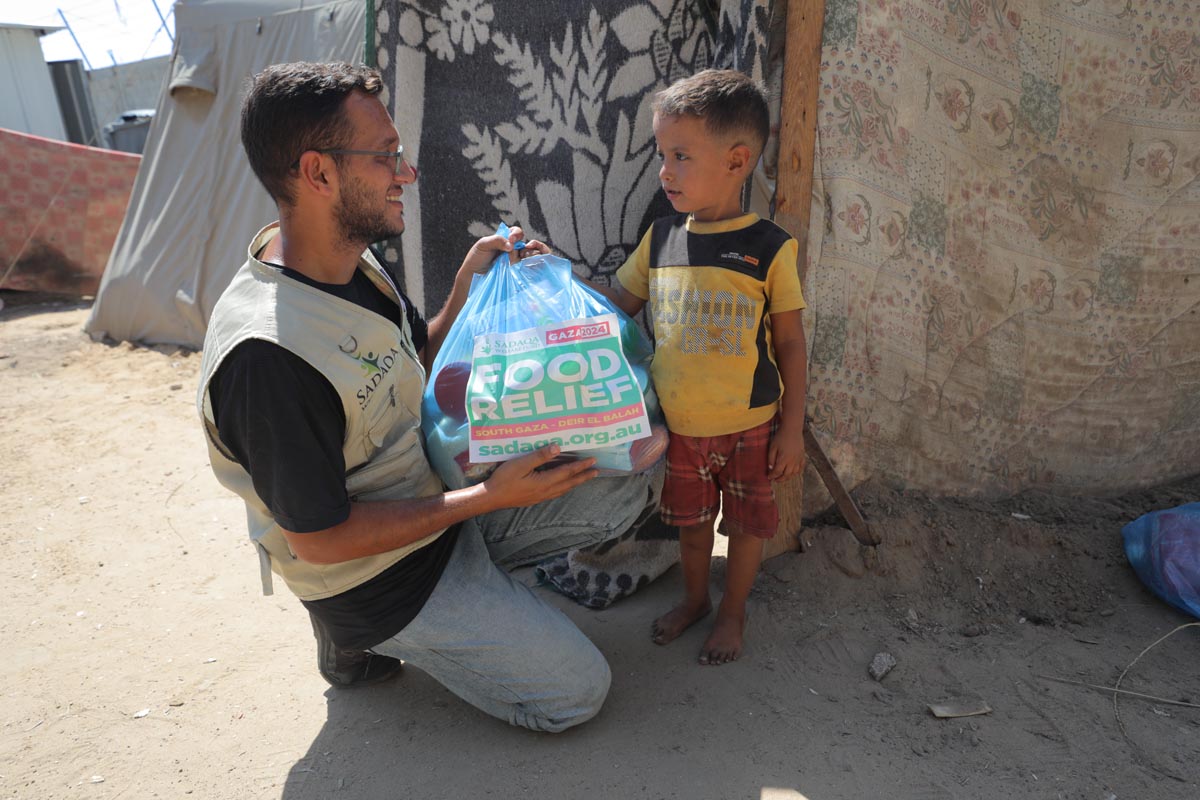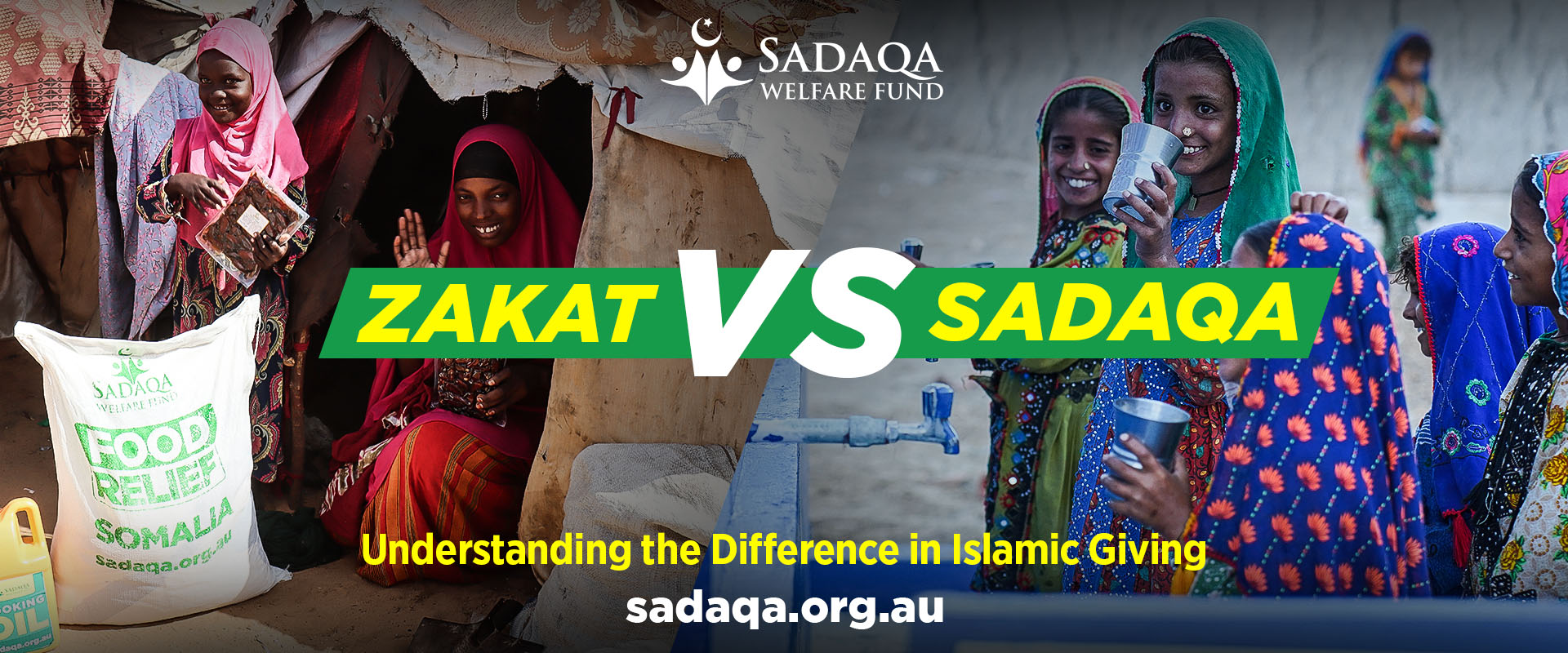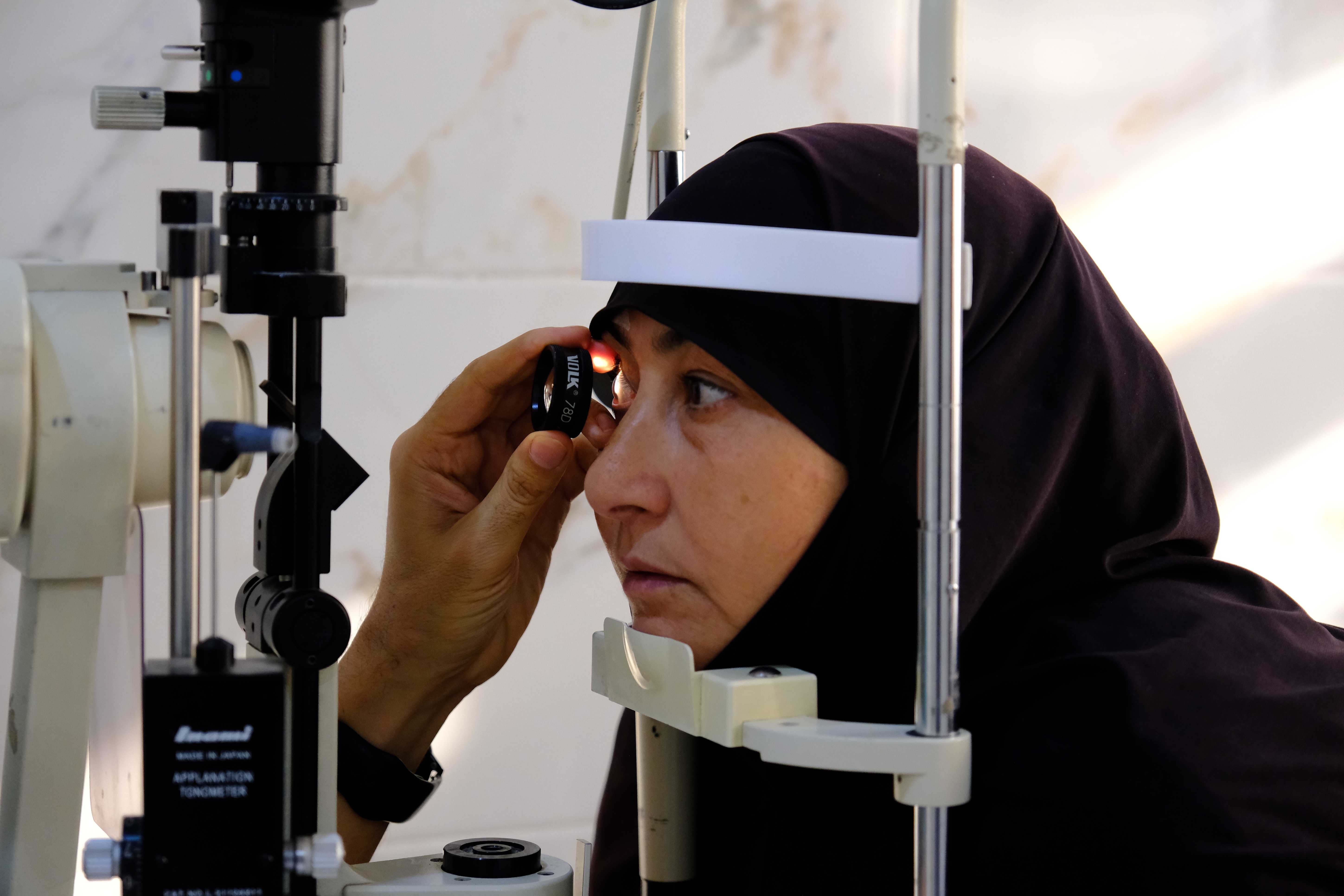Can Sadaqa prevent bad things from happening?

Can Sadaqa Prevent Bad Things from Happening? Understanding Charity, Cause and Divine Wisdom
Giving Sadaqa (voluntary charity) is one of the most beloved acts in Islam. Many Muslims believe that sincere giving can bring about mercy, blessings, and protection from harm. But does Sadaqa literally prevent bad things from happening? This article explores the Islamic perspective on Sadaqa’s spiritual effects, its role in a believer’s life, and how it relates to trials and tests from Allah.
What is Sadaqa?
In Islam, Sadaqa refers to voluntary charity given for the sake of Allah — beyond obligatory Zakat. It can be financial, but it can also be as simple as a smile, kind words, helping someone in need, or even removing harm from someone’s path. Prophet Muhammad ﷺ taught that every act of kindness is Sadaqa.
Sadaqa is meant to cultivate compassion and encourage believers to share goodness with others.
What does Islam say about Sadaqa and hardship?
Islam teaches that Sadaqa has both spiritual and worldly benefits. Numerous narrations describe charity as a means of protection and mercy, helping to soften difficulties and bring relief during times of trial.
Sadaqa is not a guarantee that hardship will never occur, but it is a way of seeking Allah’s help, mercy, and care in the face of uncertainty.
To understand what Sadaqa is, read What is Sadaqa?
Can Sadaqa avert calamities?
Islamic teachings indicate that charity can help repel harm and misfortune by Allah’s permission. Scholars explain that Sadaqa is a form of humility and reliance on Allah, which invites His protection.
This does not mean that Sadaqa “forces” outcomes, but rather that Allah may:
-
lift a difficulty,
-
delay a hardship,
-
replace it with something lighter,
-
or grant patience and strength to endure it.
Sadaqa as a form of spiritual protection
Giving Sadaqa nurtures qualities such as gratitude, empathy, and trust in Allah. These qualities strengthen a believer’s resilience and perspective when facing challenges.
Even when hardship is not removed, Sadaqa can:
-
bring inner peace,
-
reduce anxiety,
-
and increase reliance on Allah during trials.
This is part of why many Muslims give Sadaqa regularly, not only during ease but also during difficulty.
Sadaqa and intention (niyyah)
The intention behind Sadaqa matters greatly. Giving with sincerity — seeking Allah’s pleasure rather than a specific outcome — is central to its acceptance.
Many scholars encourage making Sadaqa alongside dua, asking Allah to protect, guide, and grant ease, while trusting that Allah knows what is best.
Is Sadaqa different from Zakat in this context?
Yes. While Zakat is an obligatory act with specific rules, Sadaqa is voluntary and can be given at any time and for any beneficial purpose.
To understand the difference clearly, read What is the difference between Zakat and Sadaqa?
Giving Sadaqa consistently
Many Muslims choose to give Sadaqa consistently, even in small amounts, believing that regular charity brings ongoing blessings and protection.
Sadaqa does not need to be large to be meaningful. What matters most is sincerity, consistency, and trust in Allah.
You can give Sadaqa at any time through Sadaqa projects
A balanced understanding
Islam encourages believers to take practical steps in life while also placing trust in Allah. Sadaqa is part of this balance — a spiritual act paired with effort, patience, and wisdom.
Rather than viewing Sadaqa as a transaction, it should be seen as:
-
an act of worship,
-
a means of seeking Allah’s mercy,
-
and a reminder that all outcomes are ultimately in His hands.
Final thoughts
Sadaqa is a powerful act of faith. While it does not remove all trials, it is a means of seeking protection, mercy, and ease from Allah.
Giving Sadaqa with sincerity, especially during times of fear or uncertainty, reflects trust in Allah and hope in His wisdom.
Frequently Asked Questions About Sadaqa and Hardship
Does Sadaqa really protect a person from harm?
Islamic teachings indicate that Sadaqa can be a means through which Allah grants protection, ease, or relief. It does not guarantee that hardship will never occur, but it is a way of seeking Allah’s mercy and help in difficult situations.
Is there evidence in Islam that Sadaqa repels calamities?
Yes. Islamic tradition contains narrations that describe charity as a means of averting harm by Allah’s permission. Scholars explain this as Allah responding to sincerity and humility, not as a guaranteed transactional outcome.
Can Sadaqa stop illness, accidents, or misfortune?
Sadaqa may be a means through which Allah delays, lightens, or removes hardship. However, Islam teaches that trials can still occur, and Sadaqa may instead bring patience, strength, or spiritual reward during those trials.
Should I give Sadaqa with the intention of preventing something bad?
It is permissible to give Sadaqa while asking Allah for protection, but the primary intention should always be seeking Allah’s pleasure. Outcomes are in Allah’s hands, and Sadaqa should not be treated as a guarantee.
Is Sadaqa more effective when combined with dua?
Yes. Many scholars encourage giving Sadaqa alongside dua, asking Allah for ease, protection, and guidance. This reflects reliance on Allah while performing a righteous action.
Is Sadaqa different from Zakat when it comes to protection?
Yes. Zakat is obligatory and has specific rules, while Sadaqa is voluntary and can be given at any time with any good intention.
To understand the difference, read What is the difference between Zakat and Sadaqa?
How often should I give Sadaqa?
There is no fixed limit. Many Muslims choose to give Sadaqa regularly, even in small amounts, believing that consistent charity brings ongoing blessings and spiritual benefit.
You can give at any time through our Sadaqa projects.
Can I give Sadaqa on behalf of someone else for protection?
Yes. You may give Sadaqa on behalf of another person, such as a family member or loved one, and ask Allah to grant them protection, ease, or relief.
Does giving Sadaqa mean bad things won’t happen?
No. Islam does not teach that believers will be free from trials. Rather, Sadaqa is a means of seeking Allah’s mercy and help, while accepting that wisdom and outcomes belong to Him alone.





